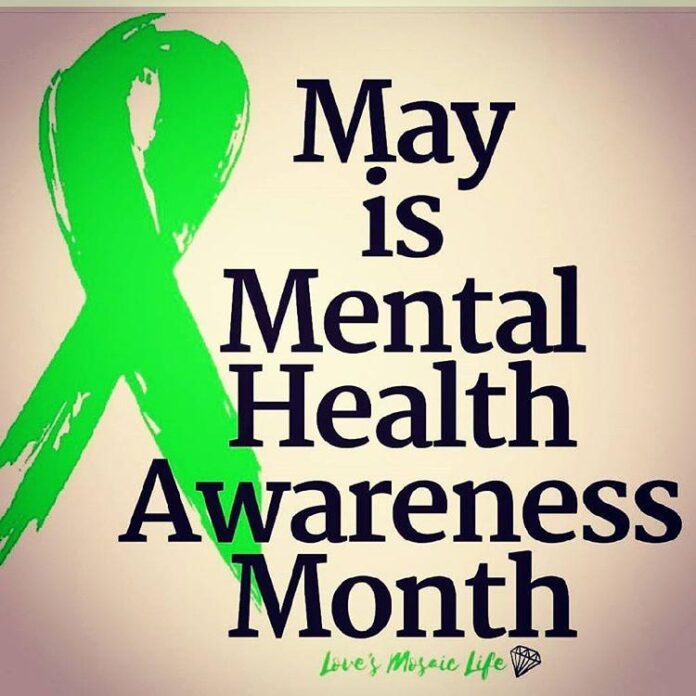
Mental health and wellness are essential components of overall well-being. In today’s fast-paced and stressful world, it is more important than ever to prioritize our mental health and take care of ourselves. Fortunately, there are a wealth of resources available to help individuals maintain their mental health and improve their overall quality of life. In this article, we will explore the top 10 mental health and wellness resources for every individual.
1. Therapy and Counseling Services
Therapy and counseling services are one of the most effective ways to improve mental health and well-being. A trained therapist or counselor can help individuals identify and address the root causes of their mental health issues, develop coping strategies, and make positive changes in their lives. There are a variety of therapy options available, including individual therapy, group therapy, and online therapy.
2. Support Groups
Support groups can be a valuable resource for individuals struggling with mental health issues. These groups provide a safe and supportive space for individuals to share their experiences, connect with others who are going through similar challenges, and receive encouragement and guidance. Support groups can be found in person or online, and cover a wide range of issues, from depression and anxiety to addiction and grief.
3. Mental Health Apps
In today’s digital age, there are a plethora of mental health apps available to help individuals manage their mental health and well-being. These apps offer a variety of tools and resources, such as mood tracking, meditation exercises, breathing exercises, and cognitive behavioral therapy techniques. Some popular mental health apps include Headspace, Calm, and MoodNotes.
4. Self-Care Practices
Self-care practices are essential for maintaining mental health and well-being. Taking time to prioritize self-care activities, such as exercise, healthy eating, getting enough sleep, and practicing mindfulness, can help individuals reduce stress, improve their mood, and boost their overall well-being. It’s important for individuals to find self-care practices that work best for them and incorporate them into their daily routine.
5. Online Resources
There are a wealth of online resources available to individuals looking to improve their mental health and well-being. Websites such as the National Alliance on Mental Illness (NAMI), Mind, and Mental Health America offer a wealth of information and resources on mental health issues, treatment options, and support services. Online forums, blogs, and social media groups can also provide individuals with a supportive community and a platform to share their experiences.
6. Exercise and Physical Activity
Exercise and physical activity are not only beneficial for physical health, but also for mental health and well-being. Regular exercise has been shown to reduce symptoms of depression and anxiety, improve mood, and boost overall well-being. Individuals can incorporate exercise into their daily routine by engaging in activities they enjoy, such as walking, running, yoga, or dancing.
7. Mindfulness and Meditation
Mindfulness and meditation practices have been shown to be effective tools for improving mental health and well-being. These practices involve paying attention to the present moment, non-judgmentally, and can help individuals reduce stress, increase self-awareness, and cultivate a sense of calm and peace. There are a variety of mindfulness and meditation techniques available, such as mindfulness meditation, loving-kindness meditation, and body scan meditation.
8. Books and Resources
Books and other resources can be a valuable source of information and support for individuals looking to improve their mental health and well-being. There are a wealth of books available on topics such as anxiety, depression, stress management, and self-care. Some popular books on mental health include “The Anxiety and Phobia Workbook” by Edmund J. Bourne, “The Mindful Way Through Depression” by Mark Williams, and “The Happiness Trap” by Russ Harris.
9. Hotlines and Crisis Services
Hotlines and crisis services are available to individuals in need of immediate support and assistance. These services provide individuals with confidential and non-judgmental support, information, and referrals to resources in their area. Some popular hotlines include the National Suicide Prevention Lifeline, Crisis Text Line, and The Trevor Project.
10. Holistic Therapies
Holistic therapies, such as acupuncture, massage therapy, and aromatherapy, can be beneficial for individuals looking to improve their mental health and well-being. These therapies work to address the mind-body connection and can help individuals reduce stress, alleviate symptoms of anxiety and depression, and promote overall relaxation and well-being. Individuals can explore different holistic therapies to find the ones that work best for them.
In conclusion, mental health and wellness resources are essential for every individual looking to improve their overall well-being. By utilizing a combination of therapy and counseling services, support groups, mental health apps, self-care practices, online resources, exercise, mindfulness and meditation, books and resources, hotlines and crisis services, and holistic therapies, individuals can take proactive steps to prioritize their mental health and improve their quality of life. It’s important for individuals to explore different resources and find the ones that work best for them, as everyone’s mental health journey is unique. Prioritizing mental health and well-being is a crucial step towards living a happier, healthier, and more fulfilling life.

















